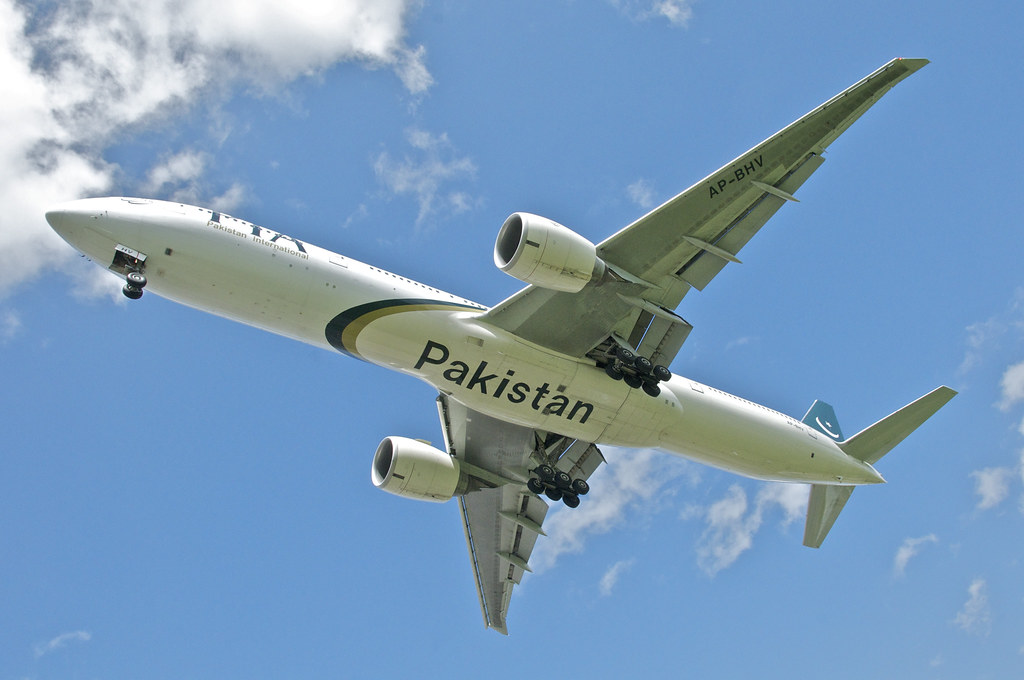Zoe Glasson, Sophie Qin, Madeleine Nyst and Patrick Kennedy
Sea State
Delays are catching, it seems—at least when it comes to building frigates. We heard on The Strategist last week about the rumoured delays of Australia’s own future frigate program; now the US Navy has announced a postponement of at least a year in awarding a construction contract for the Littoral Combat Ship’s successor. The reason for the delay is perhaps best be summed up by the title of The National Interest’s blog on the subject—‘U.S. Navy delays buying more frigates until they know how to build them’. The USN now intends to award the initial contract for the new frigates in fiscal year 2020, ‘to ensure designs are mature’, a postponement that’s been welcomed by the Government Accountability Office due to the number of unknowns about the frigate’s costs and capabilities.
Talking underwater just got a whole lot easier, thanks to JANUS. Developed by the NATO Science and Technology Organisation Centre for Maritime Research and Experimentation, JANUS will enable interoperability between networks of unmanned systems from different manufacturers. The JANUS protocol has now been recognised as standard by NATO member states, making it the first internationally recognised digital underwater communication protocol.
Flight Path
The Indonesian Air Force has proposed establishing a new base at Hang Nadim International Airport at Batam in the Riau Islands. The proposal is for a 2-hectare plot, which would include an apron and hangar to house four F-16s. If built, that would be the third Air Force base in Indonesia’s Riau Islands Province—some of the EEZ of which overlaps with China’s nine-dash line in the South China Sea. The airport’s manager says the base ‘is for the sake of sovereignty of the state and to support access of jet fighters to Natuna’.
China Daily reported last Friday that the PLA Air Force is introducing more realistic scenarios into its drills to boost combat readiness. Breaking from the tradition of carrying out exercises based on pre-set plans, ‘freestyle fighting, live-fire strikes and long-range sea patrols’ will be regular features in the PLAAF’s new drills. Pilots will also ‘train in every environment where aerial combat can occur.’
A Pakistan International Airlines captain’s under investigation after taking a 2.5-hour long nap in the business class cabin during a flight from Islamabad to London, handing the controls to the first officer pilot he was supposed to be training. The airline was initially reluctant to take action against the captain, as he’s the former president of the Pakistan Air Lines Pilots Association, but it’s since conceded to ‘pressure from above’.
Rapid Fire
An American service member has been killed in Somalia during a US-led raid against extremist group Al Shabaab. According to a statement from the US Africa Command, the service member was killed during an operation about 40 miles (64 kilometers) west of the capital Mogadishu. The death comes only weeks after the US deployed 40 soldiers to the country to train and equip African Union and Somali forces in an effort to step up its fight against the al-Qaeda affiliated group.
‘The Face of Battle’ is a new exhibition at the National Portrait Gallery in Washington DC, running until January 2018, which ‘explores and assesses the human costs of ongoing wars through portraiture’. One of the featured artists, Stacy Pearsall, was a US Army combat photographer in Iraq. For her, the exhibition is about demonstrating that there’s ‘more to soldiers than the bullets and the blood… there’s a humanity’. And on the subject of harrowing photography, the US Army’s Military Review Journal released a terrifying image depicting the moment a combat photographer, Hilda Clayton, and four Afghan National Army soldiers were killed in Afghanistan when a mortar tube accidentally exploded during a live-fire training drill.
In yet another setback for the US Army’s XM25 25mm airburst weapon, senior officials have announced an end to their relationship with Orbital ATK. The XM25, nicknamed ‘The Punisher’ was designed by Orbital ATK and Heckler & Koch in an attempt to create a ‘leap-ahead’ weapon, designed to give US infantry units a ‘decisive edge against enemies hiding behind cover’. With the Orbital-ATK prototype contract under debate, the program, for now, remains at a standstill.
Zero Gravity
Boeing’s X-37B experimental Orbital Test Vehicle has returned to earth (with accompanying sonic boom) following a record-setting 718 days in orbit. Much about the X-37B is shrouded in secrecy, but that didn’t stop ASPI’s Malcom Davis discussing how it might reshape US space capabilities.
Talking experimental space science, it’s been a busy week. Rocket company Vector Space Systems successfully tested a full-scale micro rocket, aimed at helping the ever-growing number of cubesats into orbit.
Next, The Financial Times offers an update on the ‘SABRE’ propulsion technology, a proposed single-stage-to-orbit engine. It’s the baby of Reaction Engines, and there’s some momentum behind it: the company is well-funded, backed by the European Space Agency, and has just begun work on a £10m ground-based test facility in the UK.
But air-breathing engines might have to compete with a more contentious platform in the future: giant airships slowly accelerated into orbit. It sounds crazy (and it very well may be) but Science 2.0 brings us a pretty detailed profile of the proposal and its backers over at JP Aerospace.
Finally, in the world of controversial space-tech the return of the X-37B is a good chance to visit a rumour about the improbable, propellant-less EMDrive. Was it tested aboard the unmanned space vehicle? While there are some tantalising hints and suggestions that China is up to something similar, the conclusion is ‘probably not’.
Zoe Glasson, Sophie Qin, Madeleine Nyst and Patrick Kennedy are research interns at ASPI. Image courtesy of Flickr user Aero Icarus.
This article first appeared on the ASPI "The Strategist" Blog and is reposted here under a Creative Commons license.

